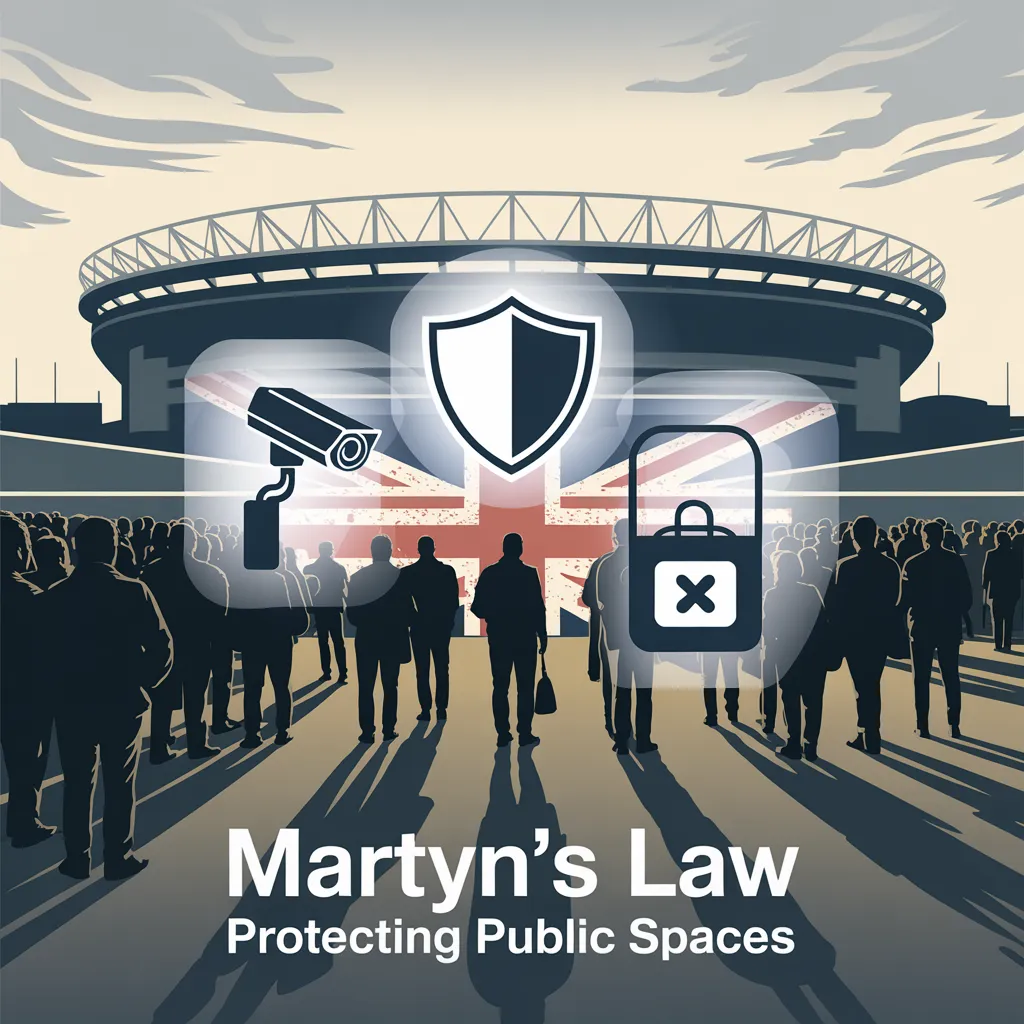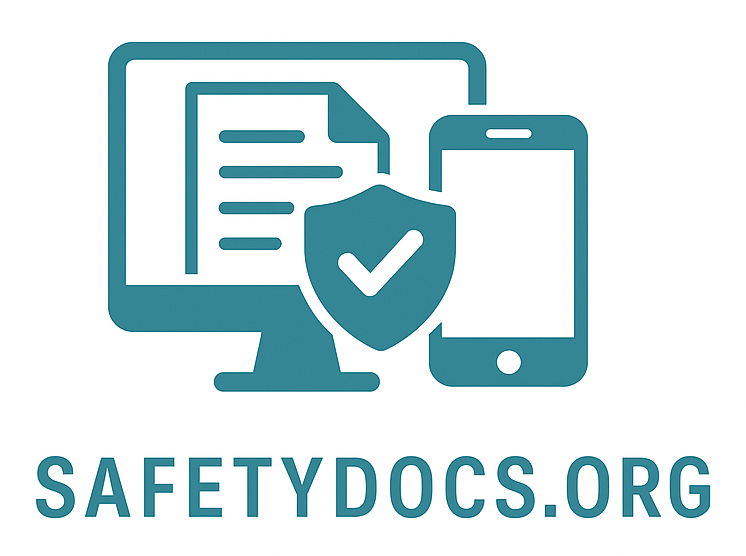
New Martyn’s Law: Tougher UK Event Terror Preparedness Rules
Date: 3 April 2025
In a landmark move to bolster public safety, the Terrorism (Protection of Premises) Act 2025, also known as Martyn’s Law, has officially received Royal Assent. Named in memory of Martyn Hett, who was among the 22 victims of the 2017 Manchester Arena attack, this legislation imposes new obligations on UK event organisers and venue managers to strengthen their security measures.
Key Points for Event Organisers
Applicability by Size
200+ Capacity: All publicly accessible premises and events that can hold 200 or more people must develop and maintain a basic level of counterterrorism preparedness.
800+ Capacity: Larger venues face stricter requirements, which may include installing CCTV, performing bag checks, or conducting vehicle searches when applicable.
What Organisers Must Do
Risk Assessments: Implement and regularly update risk assessments detailing how the venue will respond to potential threats.
Security Plans: Put in place processes for staff training and visitor safety, ensuring clear communication protocols in the event of an emergency.
Compliance Evidence: Maintain records of security processes, staff training sessions, and any implemented measures (e.g., search policies, CCTV footage logs) to demonstrate ongoing compliance.
Government Commitment
This law fulfils a manifesto promise to improve public safety, part of the government’s broader plan to safeguard large public gatherings from terror-related incidents.
Prime Minister Keir Starmer reaffirmed that Martyn’s Law ensures “everyone can enjoy public events more safely,” underscoring the government’s emphasis on security as a cornerstone of its policy agenda.
Figen Murray’s Campaign
Figen Murray, Martyn’s mother, has tirelessly championed the legislation to ensure no other family experiences the same devastating loss.
Martyn’s Law stands as a testament to her advocacy, mandating that businesses, event organisers, and venue managers take tangible steps to protect the public.
Immediate Implications for the Events Industry
Increased Scrutiny: Regulators and enforcement agencies will likely conduct spot checks at venues to confirm compliance.
Budget Adjustments: Organisers may need to invest in enhanced security systems (CCTV, metal detectors, etc.) and staff training.
Operational Changes: Expect more thorough entry procedures at large events—bag searches, ticket checks, and potentially controlled queuing areas to manage crowds effectively.
Industry Reaction
While many event organisers have already adopted voluntary security measures, Martyn’s Law formalises these requirements nationwide. Initial feedback from the sector suggests strong support for proactive steps that protect audiences, though some venues are seeking guidance on cost and implementation timelines.
Next Steps
Get Informed: Visit Martyn’s Law | ProtectUK or the government’s official factsheet for detailed requirements and best practices.
Evaluate Your Venue: Assess the capacity thresholds relevant to your premises and plan the necessary security enhancements.
Digital Tools: Consider adopting a live digital risk assessment platform to streamline updates, maintain a central record of compliance, and support real-time communication among staff. Safetydocs.org
Martyn’s Law marks a milestone in how the UK prepares for and responds to terrorism in public places. For event organisers, the message is clear: having robust, adaptive, and well-documented security plans is now both a legal obligation and a moral imperative.

